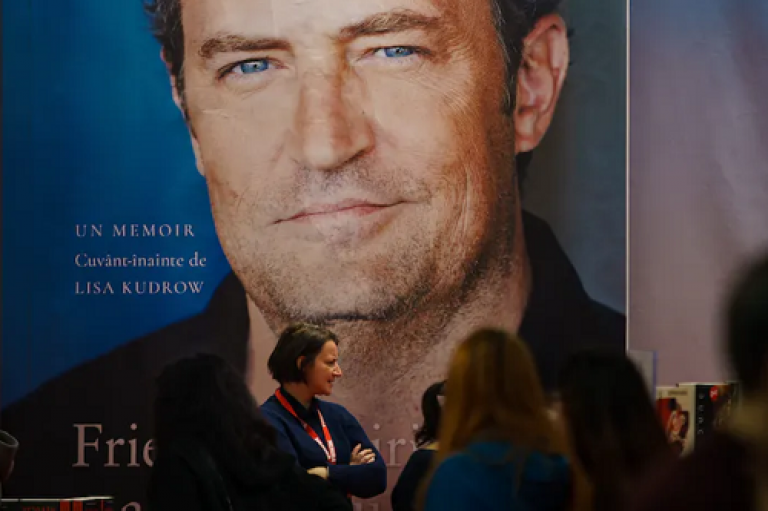Dr Dean D'Souza has received £1.8m in funding to investigate how infants adapt to bilingual environments
Published
Dr Dean D'Souza, Lecturer in Developmental Psychology in the School of Health & Psychological Sciences, has been awarded a prestigious UK Research and Innovation (UKRI) Future Leaders Fellowship (FLF) and £1.8m in funding to investigate how infants adapt to bilingual environments.
The aim of the FLF scheme is to develop the next wave of world-class research and innovation leaders in academia and business. The four-year funding allows recipients to tackle ambitious and challenging research and develop their careers, and it can be extended for up to a further three years to support a long-term focus on a particular area of research.
Rise in bilingualism
Bilingualism is an increasingly important issue in society and politics. Currently, one in three children born in the UK have at least one foreign-born parent and 20% of children in primary school speak English as an additional language, according to the ONS.
With the rise of immigration and diverse multicultural communities, and the rapid growth of economies in the Middle East, Asia and elsewhere, bilingualism has become a priority for small and large organisations. To meet this demand, and to maintain culture and identity, initiatives have been set up in countries such as Wales to implement bilingualism in the community.

Switching attention
According to a theory developed by Dr D'Souza and colleagues, bilingual infants adapt to their more complex environments by switching attention faster and more frequently. These adaptations help the infant to “bootstrap” their language learning by allowing them to rapidly shift attention to speakers' lip movements. The adaptations also lead the bilingual infant to explore their environment more than the monolingual infant, impacting learning and development.
To develop this theory , Dr D’Souza will study infants from different communities in London, as well as communities in Spain and Singapore, at 5 months, 7.5 months and 10 months, a crucial developmental period.
This will involve the use of neuroimaging to map the relevant neural processes, and also computer modelling to integrate observations from the infants’ homes and how they adapt to different environments. He also hopes to extend the research to include remote rural communities in Mexico and Papua New Guinea after four years.

Dr D’Souza said:



